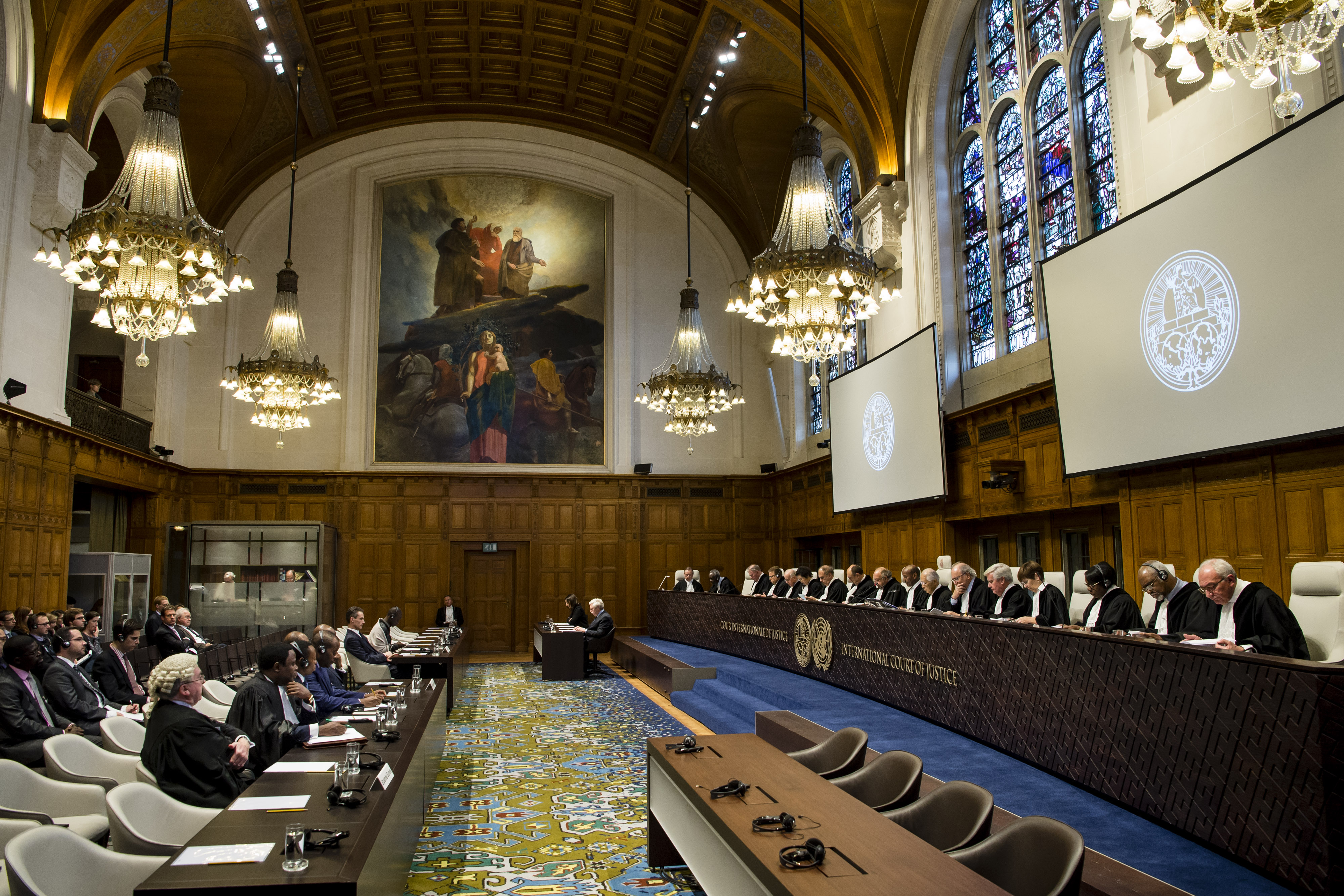Harold Koh on the Bin Laden Operation
Given bin Laden’s unquestioned leadership position within al Qaeda and his clear continuing operational role, there can be no question that he was the leader of an enemy force and a legitimate target in our armed conflict with al Qaeda.
Published by The Lawfare Institute
in Cooperation With

Given bin Laden’s unquestioned leadership position within al Qaeda and his clear continuing operational role, there can be no question that he was the leader of an enemy force and a legitimate target in our armed conflict with al Qaeda. In addition, bin Laden continued to pose an imminent threat to the United States that engaged our right to use force, a threat that materials seized during the raid have only further documented. Under these circumstances, there is no question that he presented a lawful target for the use of lethal force. By enacting the AUMF, Congress expressly authorized the President to use military force “against … persons [such as bin Laden, whom the President] determines planned, authorized, committed, or aided the terrorist attacks that occurred on September 11, 2001 …in order to prevent any future acts of international terrorism against the United States by such … persons” (emphasis added). Moreover, the manner in which the U.S. operation was conducted—taking great pains both to distinguish between legitimate military objectives and civilians and to avoid excessive incidental injury to the latter—followed . . . principles of distinction and proportionality . . . and was designed specifically to preserve those principles, even if it meant putting U.S. forces in harm’s way. Finally, consistent with the laws of armed conflict and U.S. military doctrine, the U.S. forces were prepared to capture bin Laden if he had surrendered in a way that they could safely accept. The laws of armed conflict require acceptance of a genuine offer of surrender that is clearly communicated by the surrendering party and received by the opposing force, under circumstances where it is feasible for the opposing force to accept that offer of surrender. But where that is not the case, those laws authorize use of lethal force against an enemy belligerent, under the circumstances presented here.
In sum, the United States acted lawfully in carrying out its mission against Osama bin Laden.



.png?sfvrsn=35857ae0_5)
.jpg?sfvrsn=f5d2b52b_5)
